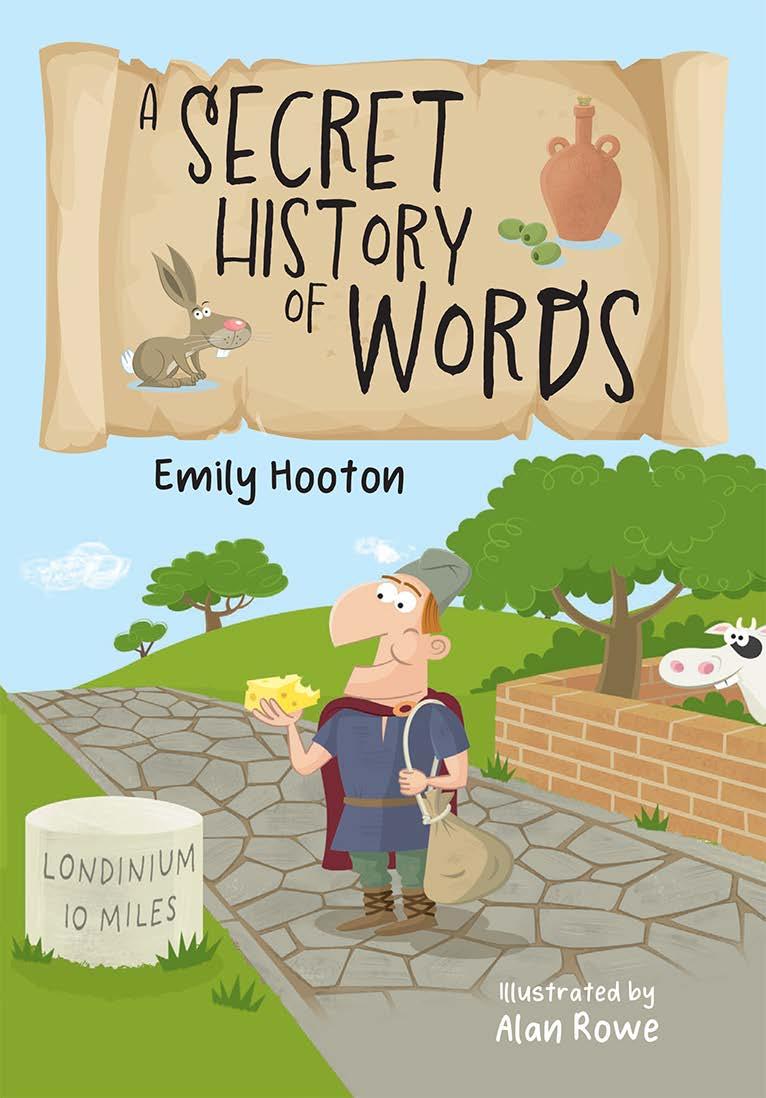

What’s so bad aboutnice?

Has your teacher ever told you not to use the word “nice”, but to use something more descriptive instead? Did you ever wonder: what’s so bad about nice?
Your teacher is probably on to something. Nice is all right, but it’s not quite wonderful, superb, glorious or delightful, is it? You might say to your friend, “That’s a nice bag,” but wouldn’t it be an improvement if you used a more interesting word instead?
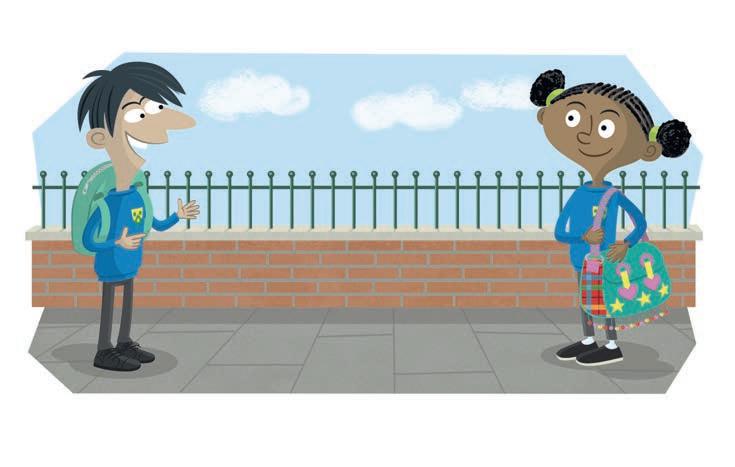
Delightfu l bag, Ame l i a !
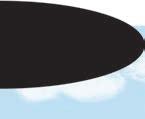
CHAPTER 1
2
nice If you say that something is nice, you mean that you find it attractive, pleasant or enjoyable.
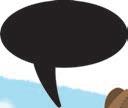




The word “nice” was a French word that came into the English language in the 1200s. Its roots are from a Latin word, nescius, meaning foolish or ignorant. The truth is that nice is not so nice, after all! In Middle English, it meant stupid and was used as an insult.
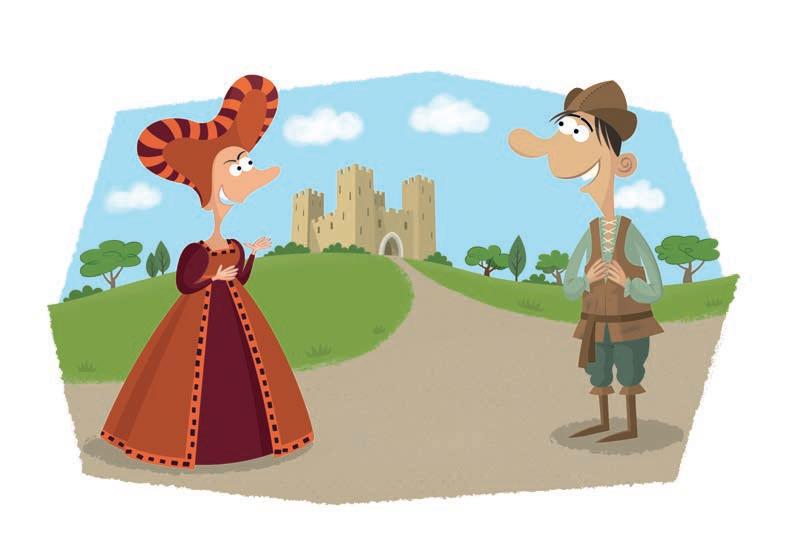
Yo u ’re t h e n i c e st
pe r s o n I k n ow!
T h a nks !
3
Knowing that “nice” is an insult really puts a different spin on idioms that we use daily.






Hav
day!
The words that we use every day hide some incredible secrets about the history of the UK.
You might have noticed that:
English has taken numerous words and phrases from different languages.
languages has taken numerous words and k
phrases
Latin Greek Germanic French Norse
I f yo u ca n’t s ay an yt h i ng n i c e , do n ’t s a ya ny t h i ng atal l !
n i c ely !
i c et o se ey o u !
Play
N
ea n
c
i
e
4
Fact
The study of the origin of words is called “etymology”. It comes from a Greek word, etumos, which means true. So, when etymologists study a word, they are looking for its true origin or meaning, as well as how its meaning has changed over time.
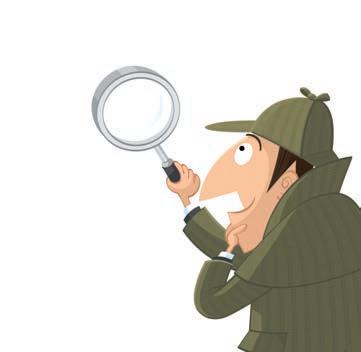
So why do we use “nice” to mean that something is pleasant? And why are we using a Latin word in English anyway?









The meaning of nice has changed over time, and what a voyage it’s had! From stupid in 1200, to kind and thoughtful in the 1830s, and to pleasant or agreeable today.

hhdi
5
e origin of a means true. ologists study re
nice
Timeline of “nice”
1200foolish, ignorant
1300timid
1400fussy
1500precise, careful
1769agreeable
We still use this meaning in the phrase “niceand early” which
was first used in the 1500s.
1830kind, thoughtful modern daypleasant, agreeable
But why has the meaning of “nice” changed?
Some etymologists think it could be because at different times, small groups of people decided to use the word in a different way. Over time, the new meaning of the word spread.
It’s a bit like how some slang words can have a completely different meaning – for example, bad, sick and wicked can all mean good.
6
slang informal words and expressions used by people who know each other well or who have the same interests

That’s justsilly!
The word “silly” has had an unusual history too, but in the other direction to “nice”.
silly foolish, childish or ridiculous
In the 1200s, it meant to be happy, lucky or blessed. Timeline

of “silly”
unsophisticated modern dayfoolish
1200happy 1300innocent 1400weak 1580
7






















